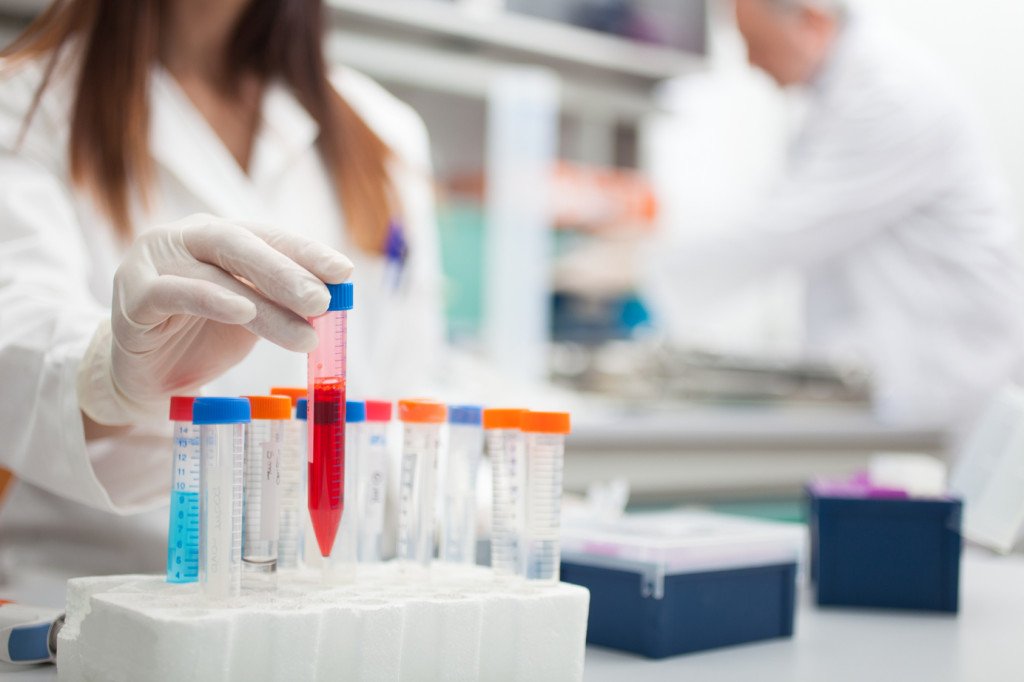
image credit- pixabay.com
Scientists from the Cancer Science Institute of Singapore (CSI Singapore) at the National University of Singapore, and the Agency for Science, Technology and Research (A*STAR)’s Genome Institute of Singapore (GIS) have discovered four potential drug compounds that target hepatocellular carcinoma (HCC), the most common type of liver cancer.
The findings, which were made using a cancer gene-targeting drug-screening platform engineered by the team, are expected to pave the way for new and more effective treatments for liver cancer as well as other cancers.
The study was conducted in collaboration with Brigham and Women's Hospital, Boston, and the Harvard Medical School, and its findings were published in the scientific journal Gastroenterology in August 2019.
HCC accounts for 85 per cent of liver cancer occurrence. The lack of effective therapeutic interventions for HCC has also made liver cancer the second leading cause of cancer death worldwide. Current drugs, such as sorafenib and regorafenib, used to treat HCC are not durable, and are typically only used to treat patients with advanced-stage HCC. Advances in therapeutic discovery for HCC are needed to address this unmet need.
The research team therefore developed a cancer gene-targeting drug-screening platform which tapped on libraries of synthetic molecules and natural compounds, to identify potential drug candidates against SALL4, a cancer gene linked to HCC. These drug candidates can address the unmet medical need for more effective treatments of HCC.
The team aims to expand their innovative drug-screening platform to discover drugs that target other cancer genes in different cancer types.




